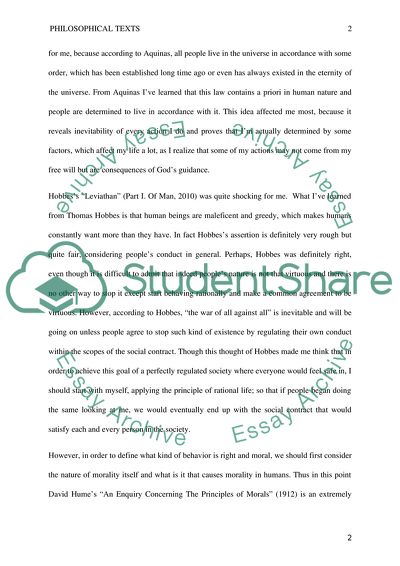Cite this document
(“Six Philosophical Texts Essay Example | Topics and Well Written Essays - 1250 words”, n.d.)
Six Philosophical Texts Essay Example | Topics and Well Written Essays - 1250 words. Retrieved from https://studentshare.org/philosophy/1699028-six-philosophical-texts
Six Philosophical Texts Essay Example | Topics and Well Written Essays - 1250 words. Retrieved from https://studentshare.org/philosophy/1699028-six-philosophical-texts
(Six Philosophical Texts Essay Example | Topics and Well Written Essays - 1250 Words)
Six Philosophical Texts Essay Example | Topics and Well Written Essays - 1250 Words. https://studentshare.org/philosophy/1699028-six-philosophical-texts.
Six Philosophical Texts Essay Example | Topics and Well Written Essays - 1250 Words. https://studentshare.org/philosophy/1699028-six-philosophical-texts.
“Six Philosophical Texts Essay Example | Topics and Well Written Essays - 1250 Words”, n.d. https://studentshare.org/philosophy/1699028-six-philosophical-texts.


